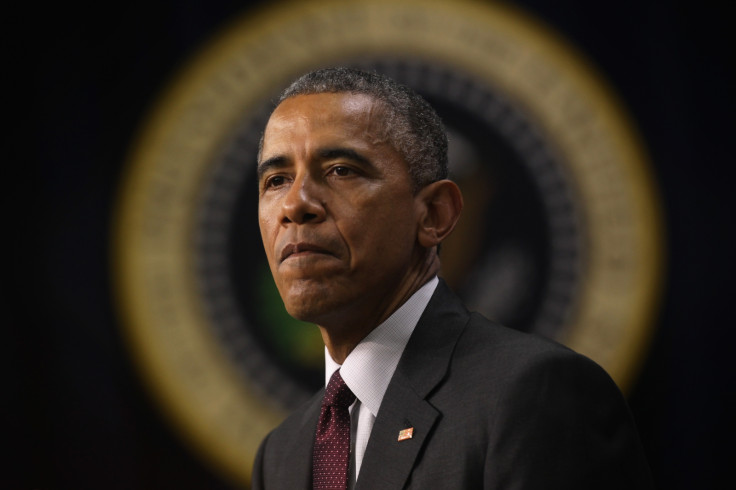Controversial Trans-Pacific Partnership trade pact stalling despite Obama push
Working class Americans fear more loss of jobs overseas.

Chances have all but vanished for passage of the controversial Trans-Pacific Partnership (TPP) trade pact despite a huge last-ditch effort by US President Barack Obama and an upcoming trip to Asia to tout the deal.
The White House had been hopeful about nailing down the unprecedented trade agreement with 11 Pacific-Rim nations aimed at strengthening economic ties, cultivating trade and cutting back on tariffs.
But working-class Americans in particular are fearful that the deal will cede too many trade benefits to competitive Asian nations, and the US will continue to hemorrhage manufacturing jobs to overseas locations.
Breaking with GOP positions supporting global free trade, Republican presidential candidate Donald Trump has vehemently attacked the pact and its accommodations to China — as did Democratic contender Bernie Sanders. Trump has blasted the TPP as a "disaster pushed by special interests who want to rape our country."
Though Hillary Clinton once called the TPP the "gold standard" of trade deals, she has since announced her opposition amid a new sensitivity from working-class voters. Raucous opponents of the pact were heard at both party conventions.
Sixty senators supported a fast-track bill to pass TPP in 2015, but amid the new populist drive in the US, several have changed their position, likely sounding the death knell for the deal.
A new trade pact with Asia was one of four foreign-policy goals Obama set for his second term. The president achieved the other three: the Iran nuclear deal, an international climate-change agreement and restoring US relations with Cuba.
The fourth – passing TPP with Japan, Vietnam, New Zealand, Australia, Singapore, Mexico, Canada, Peru, Brunei, Chile and Malaysia – is the only one that requires congressional approval.
Obama plans to push the plan during a trip to Asia with his top aides in September. But that is not likely help him at home, according to the Wall Street Journal.
If some agreement is not nailed down, Obama fears "we're only leaving a vacuum for China to fill," White House press secretary Josh Earnest said. "We know that China is actually in touch with other countries who have signed on to the Trans-Pacific Partnership, trying to negotiate their own trade deals with them," added Earnest.
"There is a very real risk that the United States gets cut out of the deal."
The deal is not only controversial in the US. There is strong opposition in a number of other nations.
Thousands of New Zealand opponents protested against the pact earlier this year over fears that the nation would lose jobs to less developed countries where labour is cheaper.
© Copyright IBTimes 2025. All rights reserved.






















